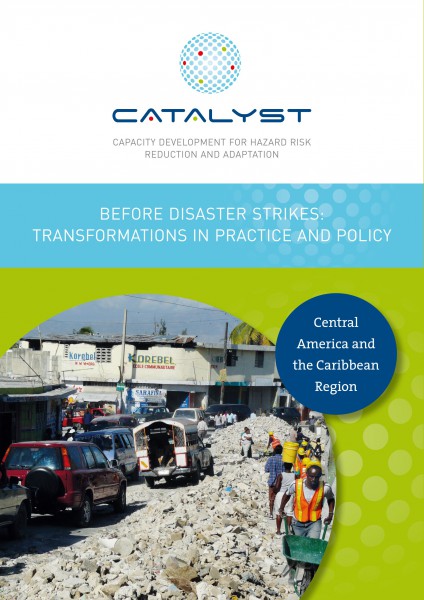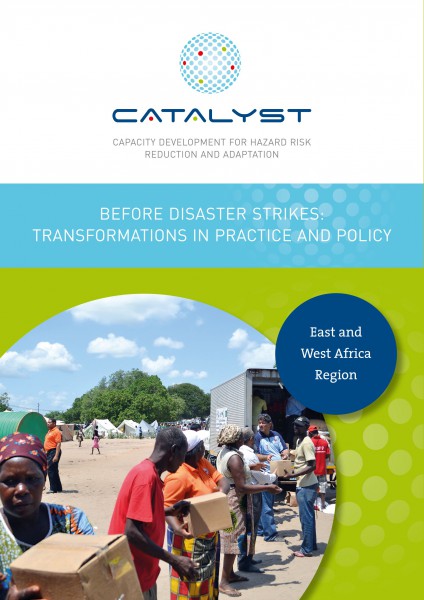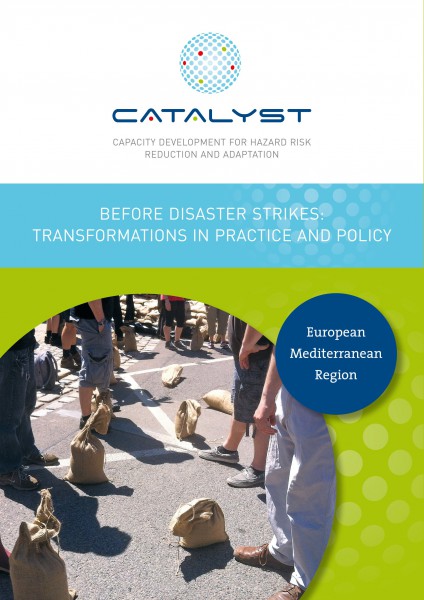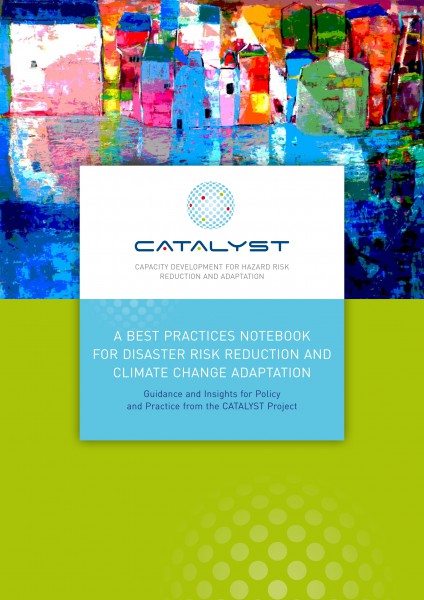Natural disasters increased by 233% from 2000 to 2009, and this increasing frequency and violence is a matter of concern for scientists and policy makers worldwide. CATALYST – Capacity Development for Hazard Risk Reduction and Adaptation – was an EU-funded project aimed at providing policymakers, decision-makers and other stakeholders with a collection of best practices and policies to promote capacity-building and to improve a region's approach to risk reduction and climate adaptation.
Four disaster-prone regions
CATALYST examined four disaster-prone regions of the world where the need to find new strategies for more efficient management of natural disasters is more compelling. The four regions are: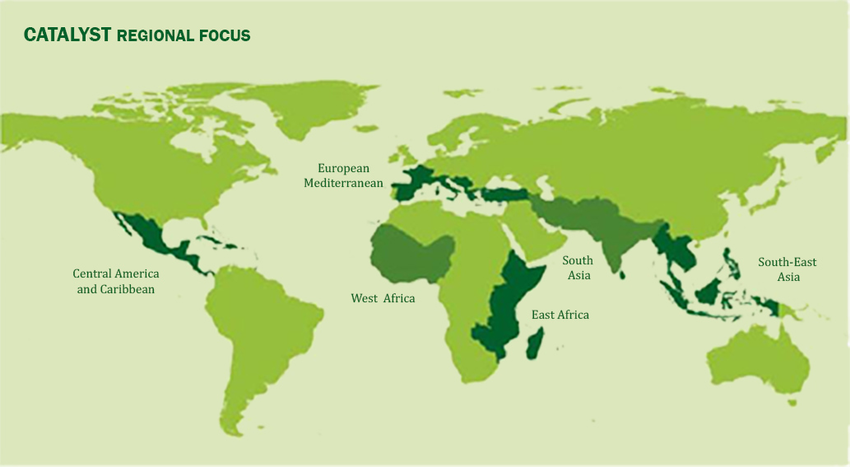
- Central America and the Caribbean
- South and South-East Asia
- the European Mediterranean region
- East and West Africa
The project’s overall goal was not to create new knowledge, but rather to explore and capitalize the existing knowledge, to promote circulation of ideas, suggestions and field-experience that could lead to the development of Best Practices.
CATALYST's publications
- Four Best Practice Papers represent the core of CATALYST's publications. They were produced keeping in mind that, especially in the case of natural disasters that strike different geographic areas, one solution does not fit all. Hence, the four manuals present the most recent figures relative to disasters's occurrence in each area and a tailor-made overview of strategies and solutions put in place. In addition, they highlight and describe a series of key practices that could be turned into best practices, leading to transformations in a region's capacity to address natural disasters and climate change. The Best Practice Papers may be downloaded here:
Central America and the Caribbean, East and West Africa, South and South-East Asia, European Mediterranean Region.
- The Best Practices Policy Notebook for Disaster Risk Reduction and Climate Change Adaptation: Guidance and Insights for Policy and Practice complements the four Best Practice Papers by summarizing key results achieved by CATALYST from a multi-regional perspective. The Notebook offers an exhaustive description of the most critical topics that CATALYST has addressed, which range from acknowledging the importance of ecosystems to drought risk management for agriculture to rethinking the urban settings to establishing a new kind of climate risk insurance. The Notebook also advocates the prosecution of CATALYST at local stations, to retain the knowledge acquired and continue the project's legacy. The
Best Practices Policy Notebook may be downloaded by clicking on the link.
CATALYST's partners
Seven partners, including TWAS, worked together from 2011 to 2013 to compile and disseminate key practices that could lead to proactive transformations in a region’s capacity to cope with natural disasters. CATALYST's partners were: Seeconsult GmbH, Fondazione Eni Enrico Mattei, The Hemholtz Zentrum für Umweltforschung, TWAS, The National Geological Survey of Denmark and Greenland, Alterra, Institute for Environment and Human Security. CATALYST was funded by the European Union Seventh Framework Programme (FP7/2007-2013) under grant agreement 283177.
Think Tank Members
A group of over 130 regional experts, termed Think Tank Members, have provided CATALYST with an added value over other similar projects. These regional experts belong to inter-governmental, governmental and non-governmental organisations, the scientific community and the private sector. They have worked together, and with the project partners, to support the developing of key knowledge products. Their contributions have guaranteed that CATALYST's knowledge products are useful to their own regions.
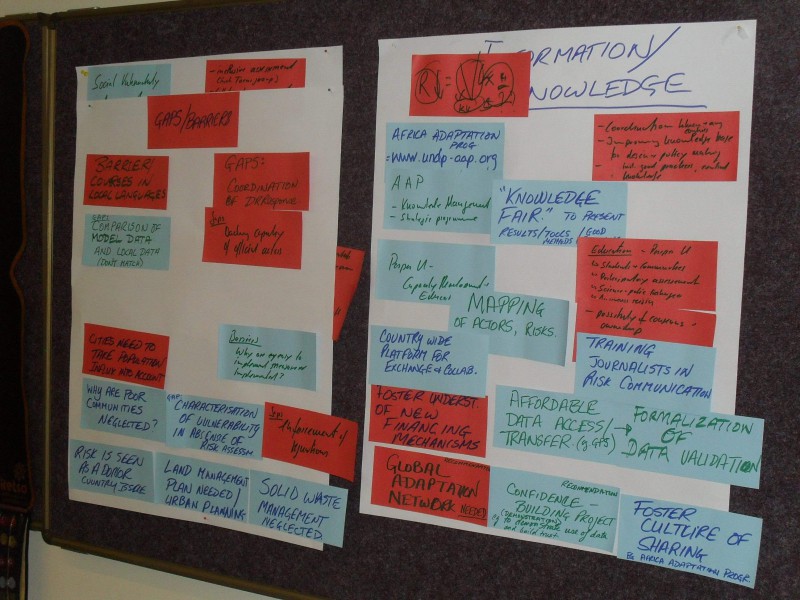
In addition, the Think Tank Members also worked to catalyse interregional exchange of knowledge and ideas from all regions, for mutual benefit.



